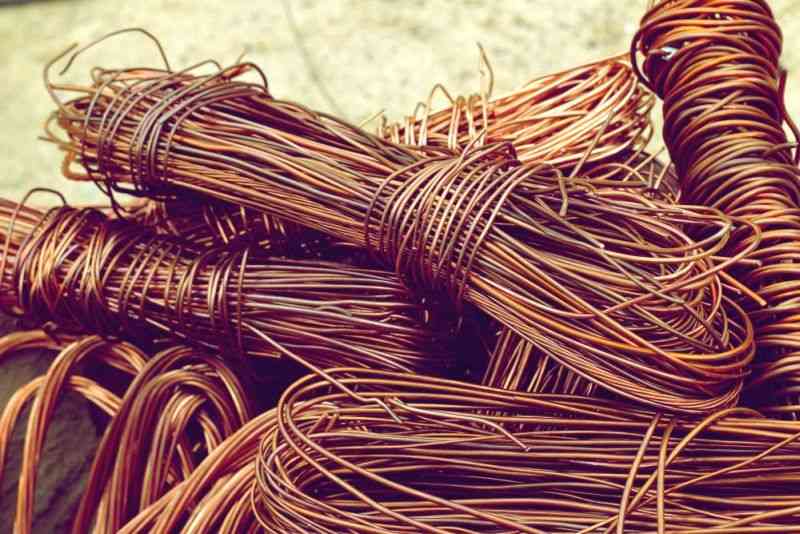
ABOUT $20 million is required for the installation of water and sewer infrastructure at Cowdray Park’s Hlalani Kuhle/Garikai area where government allocated unserviced stands to home-seekers.
BY NQOBANI NDLOVU
Thousands were allocated unserviced stands at the Hlalani Kuhle/Garikai site in 2006 by the Local Government ministry following the controversial Operation Murambatsvina, which left many homeless after the demolition of their housing structures, which government deemed unfit for human habitation.
This resulted in the area not being connected to the local authority’s water supply and sewer system.
Residents in the suburb mostly rely on Blair toilets constructed within their properties, with some just a couple of metres from the nearest bulk water taps, against both World Health Organisation (WHO) and Bulawayo City Council health standards.

According to WHO guidelines, Blair toilets should be located downhill from a water source and should not penetrate ground water.
Council chairperson of the health, housing and education committee, Monica Lubimbi, said since government handed over the Hlalani Kuhle/Garikai houses to the local authority, about $20 million was required to ensure sewer and water infrastructure among others were installed.
- Chamisa under fire over US$120K donation
- Mavhunga puts DeMbare into Chibuku quarterfinals
- Pension funds bet on Cabora Bassa oilfields
- Councils defy govt fire tender directive
Keep Reading
“The government recently handed over the Hlalani Kuhle/Garikai project with its attendant challenges of double allocations. As such, we are poised for developments which call for corresponding onsite and offsite infrastructure development in terms of water supply, additional sewer ponds, and road network and sewer lines for not less than US$20 million,” Lubimbi said, according to a council health, housing and education committee report.
More than 2 000 beneficiaries of the government self-help project reportedly lost their housing stands, as some were allocated to more than one person.
Meanwhile, Lubimbi also revealed that council had recently established 114 vending sites in the central business district, western and eastern areas of the city. Council is engaged in a war with vendors who are not operating at the established vending sites on charges they are trading illegally.
“Furthermore, the city has established 114 vending sites, seven of which are in the city centre. The 107 vending sites are designated mostly in shopping centres of the western and eastern areas of the city. This has given the vendors legal status.
“The council has also promoted self-compliance and organisation amongst the vendors to ensure that vending is done within the municipal framework. The process of registering vendors has been to ensure that there are no barriers to entry into vending, but being pro-poor.”










